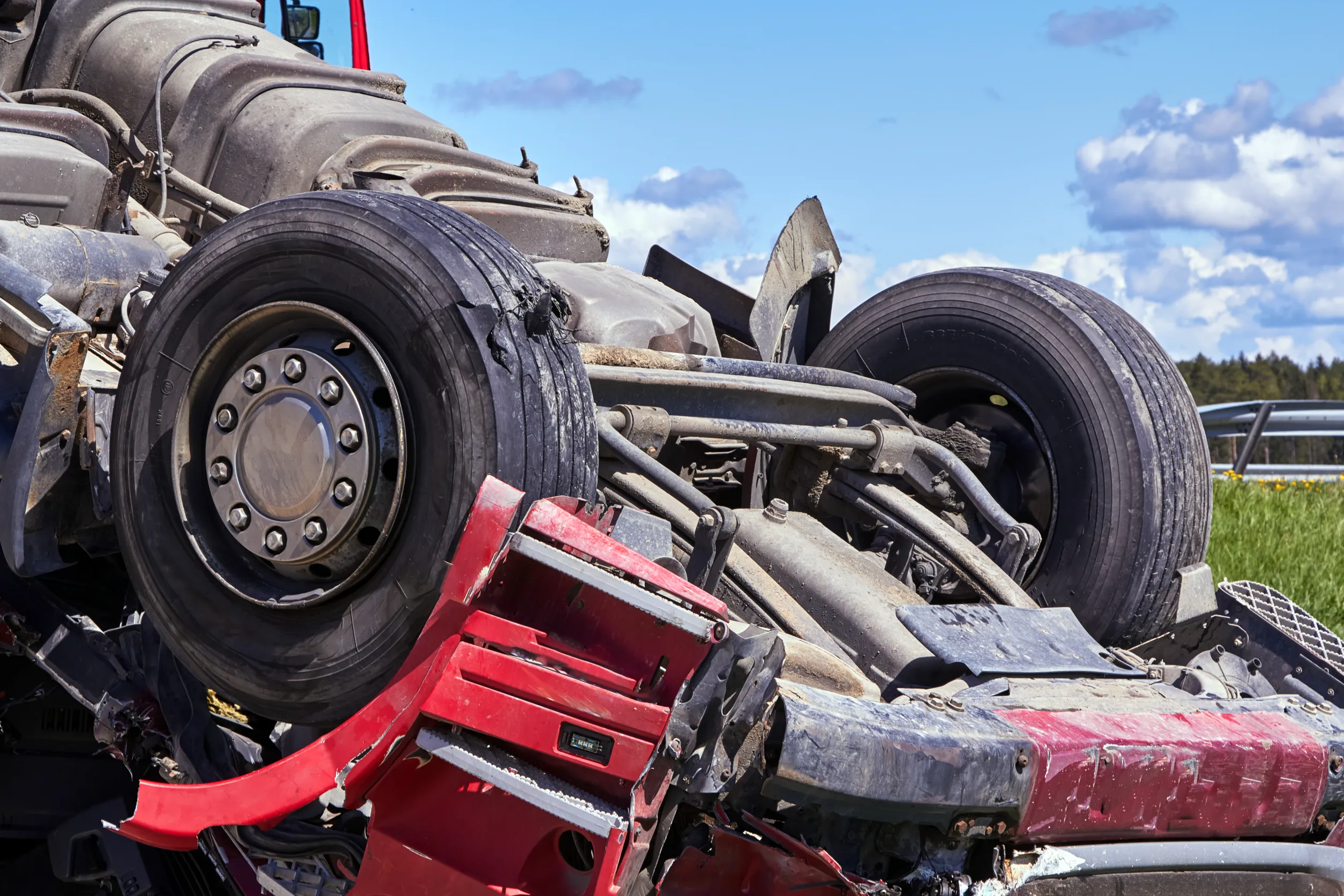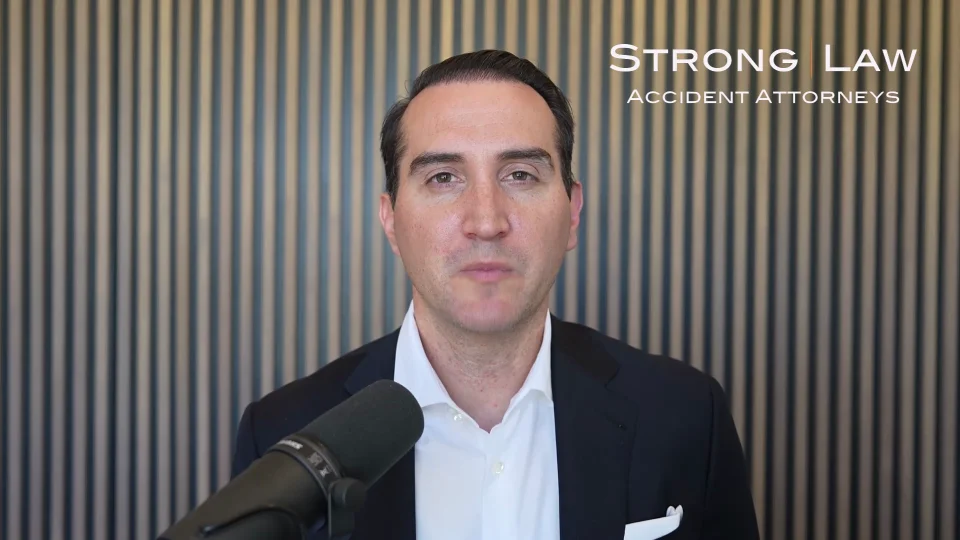Navigating the Path Forward After a Commercial Truck Accident

Accidents involving commercial trucks are often far more serious than typical vehicular mishaps. Due to their sheer size and weight, these trucks can cause catastrophic damage and severe injuries. If you find yourself in the unfortunate situation of being involved in such an accident, knowing the right steps to take can make a significant difference in protecting your legal, medical, and financial interests. This guide aims to walk you through the necessary actions to ensure you and your loved ones are safeguarded in the aftermath of a truck accident.
Immediate Actions at the Scene
Ensure Safety First
The first few moments after an accident can be chaotic. It’s crucial to remain as calm as possible and focus on safety. Check yourself and others for injuries and, if feasible, move to a safer location away from traffic. In many cases, remaining in or near the vehicle might be dangerous due to the risk of fire or further collisions.
Calling emergency services is paramount. Whether or not injuries are apparent, having professionals assess the scene is essential. Emergency responders can provide immediate medical attention and help manage traffic to prevent further accidents. Their presence also ensures that the situation is officially documented, which could be vital later on.
Avoid Admission of Fault
In the heat of the moment, it might be tempting to apologize or make statements about the accident. However, it’s crucial to avoid saying anything that might be construed as admitting fault. Even a simple “I’m sorry” can be twisted in ways you might not anticipate. Stick to factual statements about what occurred without speculating on who might be to blame.
Document the Scene Thoroughly
If you are physically able, document the scene comprehensively. Use your phone to take photos and videos of the vehicles, road conditions, traffic signs, and any visible injuries. This evidence can be invaluable when dealing with insurance companies or legal proceedings. Additionally, collect contact information from the truck driver and any witnesses who saw the accident. This data could be crucial in piecing together a comprehensive account of what happened.
Contact Law Enforcement
Importance of Law Enforcement Involvement
In most jurisdictions, it’s legally required to report accidents involving commercial vehicles to the police. A police report serves as a critical piece of evidence if you need to file an insurance claim or pursue legal action. It’s an official account of the incident that can corroborate your version of events.
Providing Accurate Information
When speaking with responding officers, give a clear and accurate account of the accident. Stick to the facts and avoid making assumptions or speculations about the cause or fault. The details you provide will be included in the police report, so it’s important to be truthful and precise.
Seek Medical Attention
Immediate Medical Evaluation
Even if you feel fine immediately following the accident, it’s vital to be evaluated by a medical professional. Adrenaline can mask pain and symptoms of injuries, and some conditions might not manifest until hours or even days later. Seeking medical attention promptly can catch potential issues early and ensure proper treatment.
Documentation of Medical Care
Keep detailed records of all medical evaluations and treatments. These records are crucial for insurance claims and legal actions, as they document the extent of your injuries and the necessary medical interventions. This documentation can directly influence the compensation you may receive.
Notify Your Insurance Company
Reporting the Accident
It’s important to report the accident to your insurance provider as soon as possible. Follow their guidelines on how to submit a claim and provide them with the necessary details about the accident. This step is crucial for ensuring that your claim is processed smoothly.
Providing Necessary Documentation
When filing your claim, include all relevant documents, such as the police report, medical records, and any evidence you gathered at the scene. Having thorough documentation increases the likelihood of your claim being successful and expedites the process.
Consult with a Legal Professional
When to Seek Legal Advice
In cases involving severe injuries or disputes over fault, it’s wise to consult with an attorney experienced in commercial truck accidents. Legal advice is especially crucial when dealing with the trucking company’s insurance representatives, who may attempt to minimize their liability.
Choosing the Right Lawyer
Look for a lawyer who specializes in personal injury cases related to commercial truck accidents. An experienced attorney will understand the complexities of these cases and can guide you through the legal process. They can also advise you on the best course of action based on the specifics of your situation.
Potential Legal Actions
Depending on the circumstances, you may have grounds to file a personal injury claim against the trucking company. This could involve seeking compensation for medical expenses, lost wages, and pain and suffering. Your attorney will help you explore these options and determine the best strategy for your case.
Understanding the Role of the Trucking Company and Their Insurer
Trucking Company Responsibilities
The trucking company has specific legal obligations following an accident. They must comply with regulations regarding the maintenance and operation of their vehicles. Understanding these responsibilities can help you hold the company accountable if negligence is a factor in the accident.
Dealing with Their Insurer
Communicating with the trucking company’s insurance representatives can be challenging. These professionals are experienced in protecting their client’s interests and may try to settle quickly for less than you’re entitled to. It’s important to approach these interactions cautiously and consider having your attorney handle communications on your behalf.
Preserving Evidence
Importance of Evidence
Evidence plays a pivotal role in the outcome of any claims or legal proceedings. Preserving evidence can substantiate your account of the accident and counter any conflicting narratives. This evidence can also help determine liability and the extent of damages incurred.
Types of Evidence to Preserve
In addition to photos and witness statements, preserve any physical evidence, such as damaged property or clothing. Additional evidence may include truck logs, maintenance records, and electronic data from the truck’s onboard systems. This data can provide insights into the truck’s operation leading up to the accident.
Common Pitfalls to Avoid
Settling Too Quickly
One common mistake is rushing to accept a settlement offer from the insurance company. While a quick resolution might be tempting, early offers often undervalue the true extent of your damages. It’s crucial to thoroughly assess your losses and consult with a legal professional before accepting any settlement.
Not Following Medical Advice
Ignoring medical advice or skipping follow-up appointments can harm your claim. Insurance companies may argue that your injuries aren’t as severe as claimed if you’re not actively receiving treatment. Follow through with all recommended medical care to support your case.
Conclusion
In summary, being involved in an accident with a commercial truck requires a careful and measured response to protect your interests. By taking immediate actions at the scene, seeking medical attention, and consulting with legal professionals, you can safeguard your rights and pursue appropriate compensation. Remember, knowledge is power, and being informed and prepared can make all the difference in the aftermath of an unexpected accident. Stay safe and proactive, and know that support is available to guide you through this challenging time.



